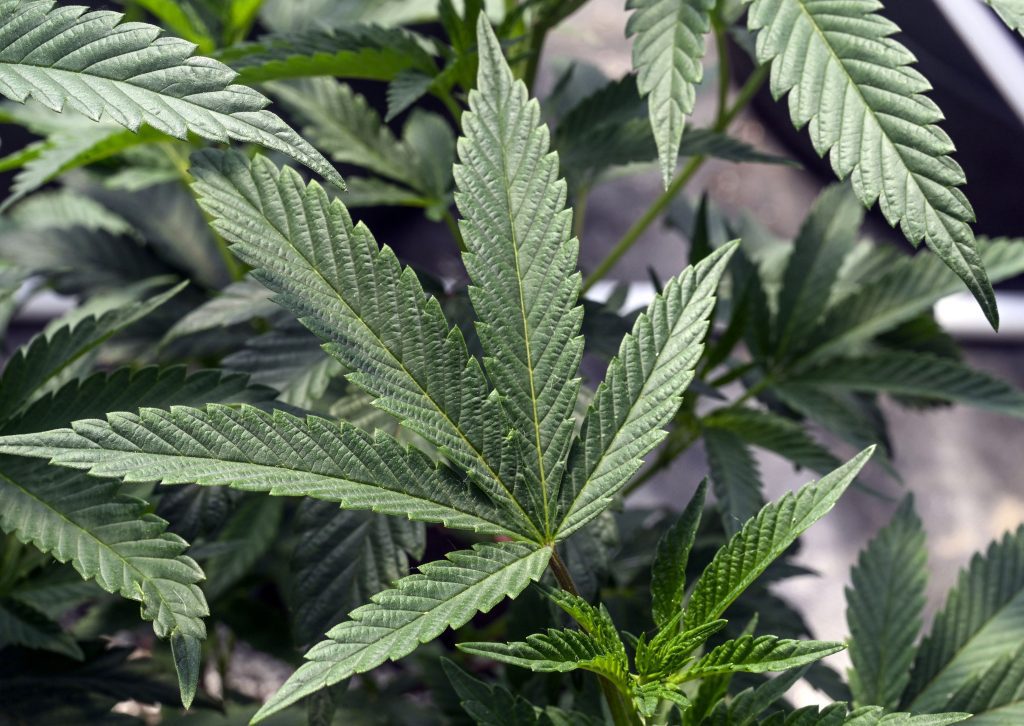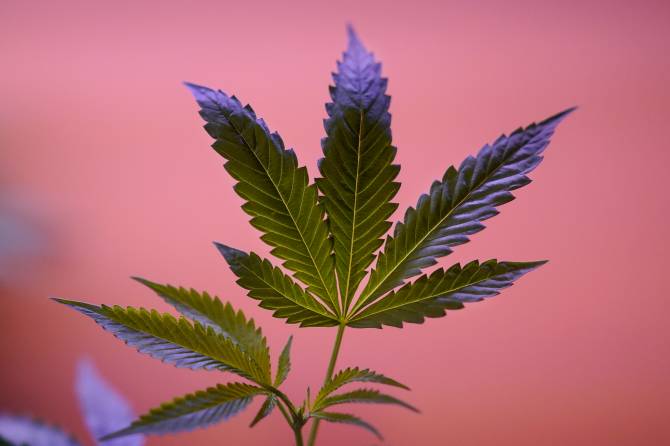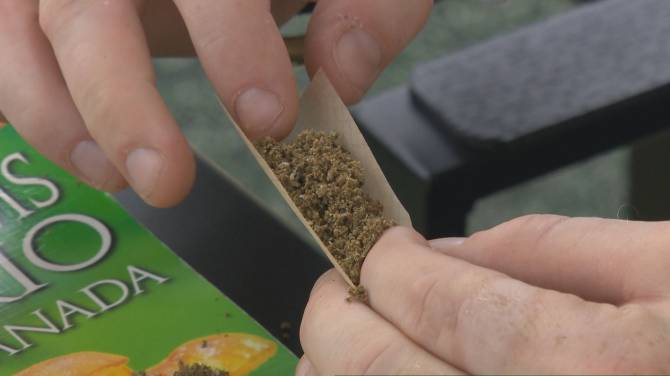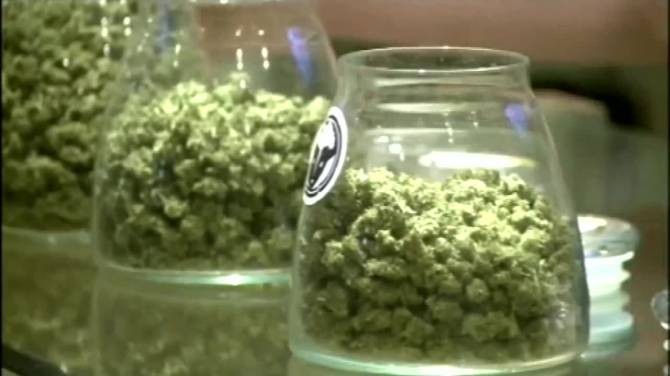A group put together by the federal government to examine the law that made cannabis legal is proposing that the country reevaluate one of the industry’s main concerns: excise taxes imposed on pot producers.
A report summarizing 54 suggestions from the five-member expert panel, released Thursday, recommended that Finance Canada explore a new system that would raise excise taxes on products with high levels of tetrahydrocannabinol, the psychoactive component of cannabis, and lower fees on those with lower amounts. The change is presented as a way to steer consumers away from high-THC products.
The panel referred to the tax as a “significant burden” for cannabis producers, amounting to the higher of $1 per gram or a 10 percent per-gram fee for dried and fresh cannabis, plants, and seeds.
This was set in 2018, when Canada legalized cannabis and the government anticipated a gram of pot to be sold for $10, resulting in a 10 percent fee of $1. However, nowadays, it is common to find products priced as low as $3.50 a gram, leading to higher fees for producers who still have to pay $1 per gram.
“We see an opportunity to update tax policy to reflect the current reality,” the report stated.
This finding comes as the legal cannabis sector has realized that the market is not as large — or as easy to navigate — as predicted.
Many of the industry’s major players, such as Canopy Growth Corp., Aurora Cannabis Inc., and Tilray Brands Inc., have spent the past five years laying off employees, shutting down facilities, and dealing with financial statements that mirror a challenging market and slow progress toward profitability.
Others have already left the industry by selling their businesses or declaring bankruptcy. They attribute this to a combination of excessive regulation, a still-thriving illicit market, falling prices, and, in some areas, an excessive number of cannabis stores.
Many were optimistic that the review would validate their experiences and, if they were fortunate, push the federal government to make substantial changes.
Shortly after the report was published, Canopy Growth CEO David Klein mentioned that his staff “welcome” the recommendations and urged the government to address the most critical industry issues in next month’s federal budget.
He specified that a review of the excise tax and another study to determine if it should apply to medical products were priorities.
However, Rick Savone, a senior vice president at Aurora, expressed disappointment with the report, stating that it failed to address industry sustainability and provide actionable recommendations to combat the illicit market or offer immediate excise tax relief. Savone called for immediate excise duty relief in the upcoming budget, rejecting the idea of gradual changes.
The recommendations, compiled over 18 months, extend beyond the economics of cannabis to also cover Indigenous involvement in the sector and the well-being of Canadians, including youth who might be exposed to cannabis.
Large portions of the report focused on cannabis packaging, which manufacturers are obligated to ensure does not appeal to youth. Therefore, it cannot include cartoons or endorsements by celebrities.
The report suggested that Health Canada should change the packaging rules to allow companies to use QR codes or labels to provide trustworthy information about cannabis, such as whether a product is organic or recyclable.
It also recommended that Health Canada create a standard dose for companies to use in indicating how much of a product should be consumed at one time.
The report stated that implementing a standard dose could encourage cannabis users to engage in lower-risk behaviors.
Although acknowledging the challenge of establishing a standard dose due to the varied ways in which cannabis is consumed, metabolized, and experienced, the report emphasized that this task would be valuable for Health Canada.
While the report highlighted several areas for change, it also reiterated some of the existing regulations, such as the 10 milligram per package limit for THC in cannabis products.
The panel noted that the industry believed raising the limit would help eliminate illegal sellers offering products with higher THC levels and lower prices for edibles compared to legal ones.
On the other hand, public health stakeholders supported maintaining the current limit due to the increase in unintentional cannabis poisoning among children since legalization, and their concerns about the potential escalation of these incidents with a higher THC threshold.
The panel expressed its belief that there are too many unknowns and uncertainties about the potential consequences of increasing the THC amount in these products, leading to their recommendation to uphold the current limit and conduct further research to address critical knowledge gaps.
Therefore, the panel recommended maintaining the current THC limit and conducting research to fill critical knowledge gaps on this issue, emphasizing the need for caution and prudence.
Health Canada announced that it is reviewing the panel's findings and will submit recommendations to the federal government regarding potential next steps, without specifying a timeline for these suggestions.
The government delayed the start of the panel's review of the Cannabis Act, originally scheduled to begin around the three-year anniversary of legalization, due to the emergence of the COVID-19 pandemic.
The review, led by Morris Rosenberg, a former deputy minister of justice and deputy attorney general of Canada, commenced in September 2022.
Throughout the review process, which concluded after hearing from 600 participants including cannabis retailers, growers, medical professionals, public health advocates, and consumers, the panel gathered input from a diverse range of stakeholders.






